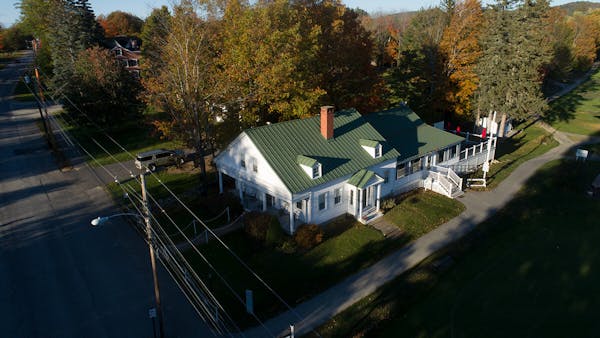THE SABBATH PACT
The stagecoach swayed roughly over the sinewy corduroy roads. Seated inside Joseph Bates looked anxiously out of the window, his sharp, twinkling eyes absently taking in the passing scenery. He was on a mission. A mission that had brought him all the way from Fairhaven, Massachusetts to Hillsboro, New Hampshire. He had recently discovered a little tract, written by a man by the name of Thomas Motherwell Preble. Preble had been a Freewill Baptist minister who had been convinced by Miller’s preaching and had become a Millerite Adventist. In the late summer of 1844 Preble had written a tract entitled “Showing That The Seventh-Day Should Be Observed As The Sabbath”. After the great disappointment in October of 1844, the tract had found its way into the hands of Joseph Bates. It had come as a revelation to the veteran sea captain and he had spent many hours in earnest study of the scriptures in an attempt to figure out whether or not Preble’s assertions were biblical.
As he continued to study the Bible Bates began to ask around and he heard about a group of Sabbath keeping Adventists around Washington, New Hampshire. He decided to pay them a visit to find out more about why they had adopted Sabbath keeping on a Saturday. So here he was on his way to visit a man by the name of Frederick Wheeler who lived in Hillsboro but cared for the little congregation in Washington. The stagecoach dropped him off at the depot well after dark. After making some inquiries he realized that he would have to walk the remaining 15 miles to Elder Wheeler’s home. He arrived at the Wheeler’s home at 10 pm and woke the entire house up with his knocking.
Frederick Wheeler came to the door and when he discovered who his visitor was, he invited Bates in despite the lateness of the hour. A marathon all night Bible study ensure, with Bates peppering Wheeler with questions and Wheeler deftly navigating his way through the Bible to answer him.
“Well, Captain Bates…have you no more questions for me?” Frederick Wheeler asked, eyeing the spirited sea captain with a twinkle in his eye. Joseph Bates grinned at him “No Elder Wheeler I think you’ve answered every single one” he replied. “And what are you going to do with all those answers then?” Bates playful expression turned thoughtful and he gazed out of a nearby window, absently noting the pale pink and purple shades of dawn that were beginning to light up the eastern sky. “I’m going to commit the rest of my life to preach the truth about the Sabbath” he finally said looking Wheeler squarely in the eyes. Wheeler smiled and nodded. “Good, then let’s kneel together and make a pact of it”.

